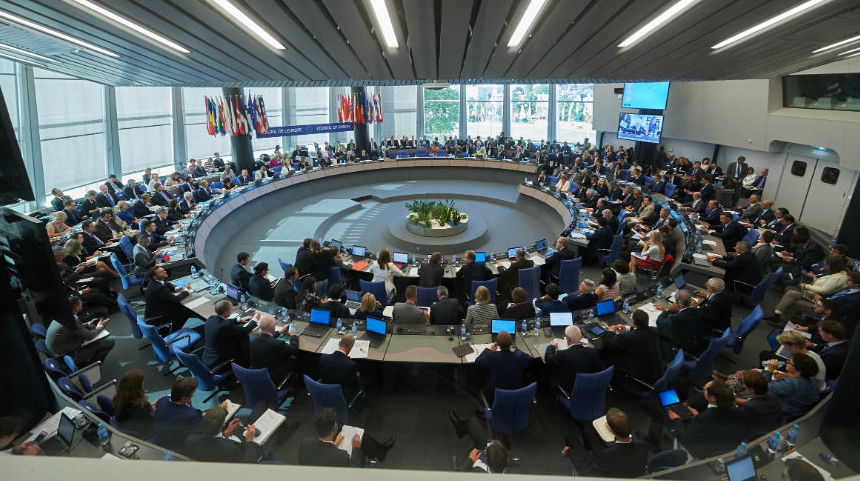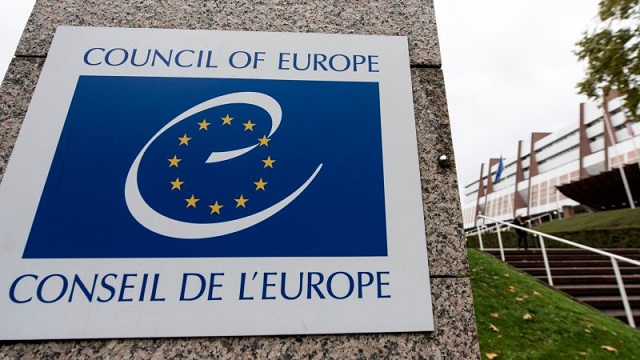Strasbourg, 08.09.2025 – In its 2024 Activity Report, published on 8 September, the European Committee of Social Rights (ECSR) of the Council of Europe places special focus on how States Parties have responded to the cost-of-living crisis. The report also reviews developments under the collective complaints procedure and the ECSR’s cooperation with other Council of Europe bodies and international organisations.
The report recalls that in 2024, the ECSR conducted a comprehensive review of measures addressing the cost-of-living crisis, drawing on reports from 41 States Parties and submissions from social partners, civil society organisations, and national human rights institutions. Its findings showed that in 2023, food prices rose more than seven times faster than wages, hitting low-income families particularly hard. Although inflation eased in 2024, living costs remained high, exposing persistent gaps in wage protection, housing, and social support.
The Committee called on governments to:
• ensure that the net minimum wage represents at least 60% of the national net average wage;
Read also
• cap prices of staple food items and strengthen targeted support for vulnerable groups;
• guarantee stable and safe access to affordable energy, recognising it as essential to securing rights under the European Social Charter;
• address housing affordability and homelessness risks through rent caps, increased housing benefits, and expansion of social housing;
• adjust social security and assistance levels to keep pace with inflation.
Throughout 2024, the ECSR also examined collective complaints during its seven sessions. It adopted 12 decisions on the merits and 12 decisions on admissibility. Ten new collective complaints were registered against six States Parties: Spain (4), Italy (2), Belgium (1), France (1), Greece (1), and Norway (1). These were lodged by national trade unions, international NGOs, and employers’ organisations.
The Committee also pursued institutional dialogue and outreach, holding exchanges with the European Court of Human Rights, the Commissioner for Human Rights, national human rights institutions, equality bodies, and national governments.
In 2024, progress in strengthening the European Social Charter system was marked by the High-Level Conference on the European Social Charter, held in Vilnius under the Lithuanian Presidency of the Council of Europe. The Conference brought together ministers, senior officials, Council of Europe leaders, international organisations, social partners and civil society, and resulted in the adoption of the Vilnius Declaration, reaffirming the indivisibility of all human rights and calling for a stronger social rights framework across Europe.
It generated new commitments from member States, including Iceland’s ratification of the Revised Charter, additional provisions accepted by the Republic of Andorra, Ireland and Moldova, and pledges by Armenia to increase commitments. Building on this momentum, a second High-Level Conference is planned for March 2026 in Chișinău under the Moldovan Presidency, offering States Parties another opportunity to increase their commitment to the Charter system.



























































